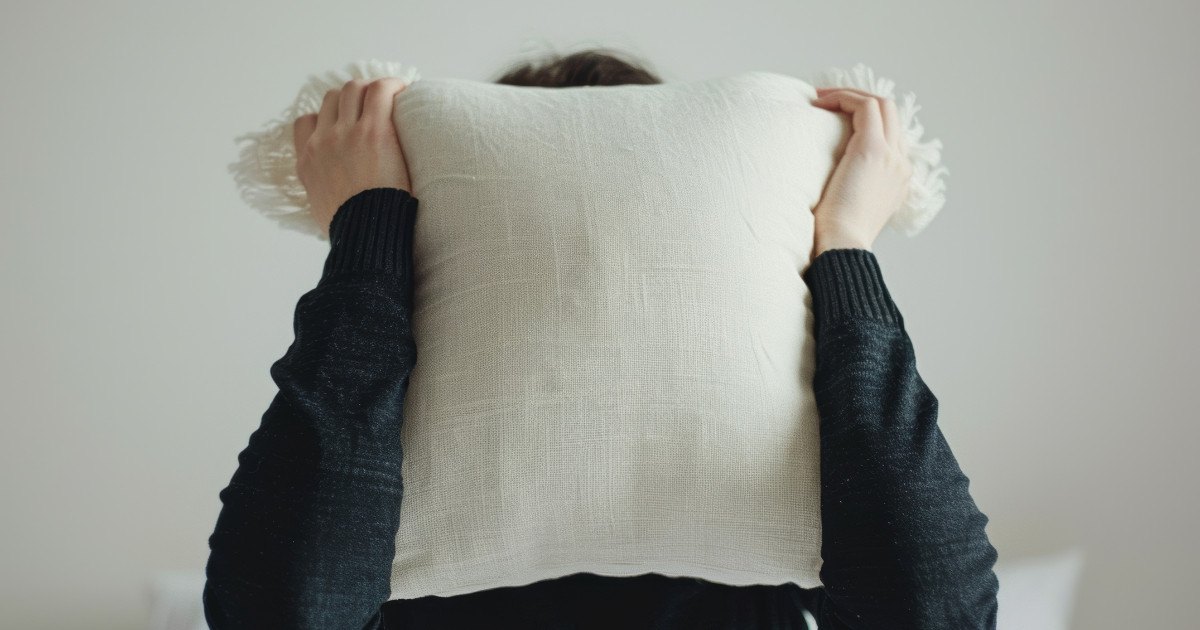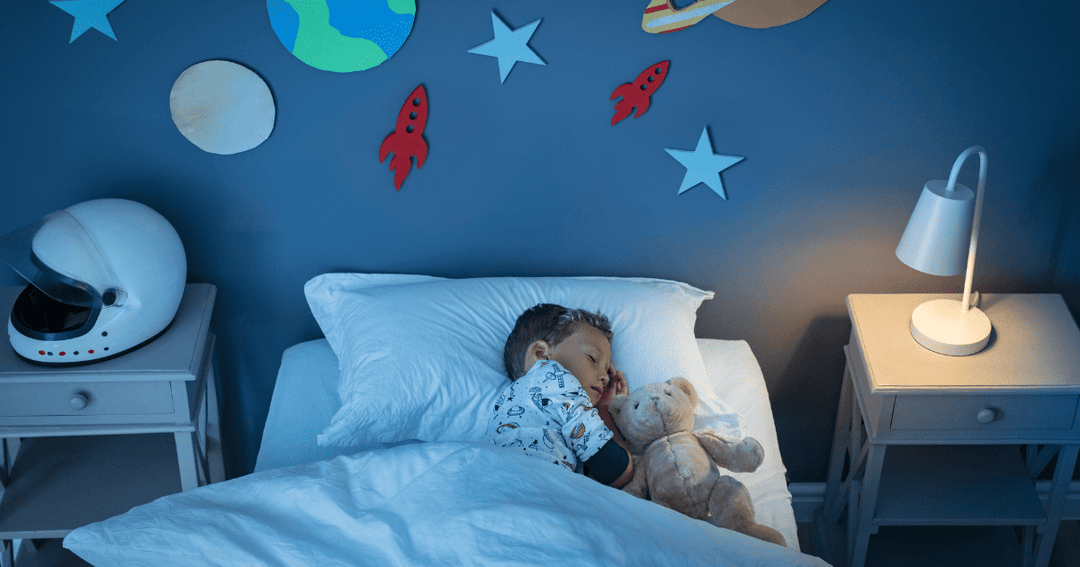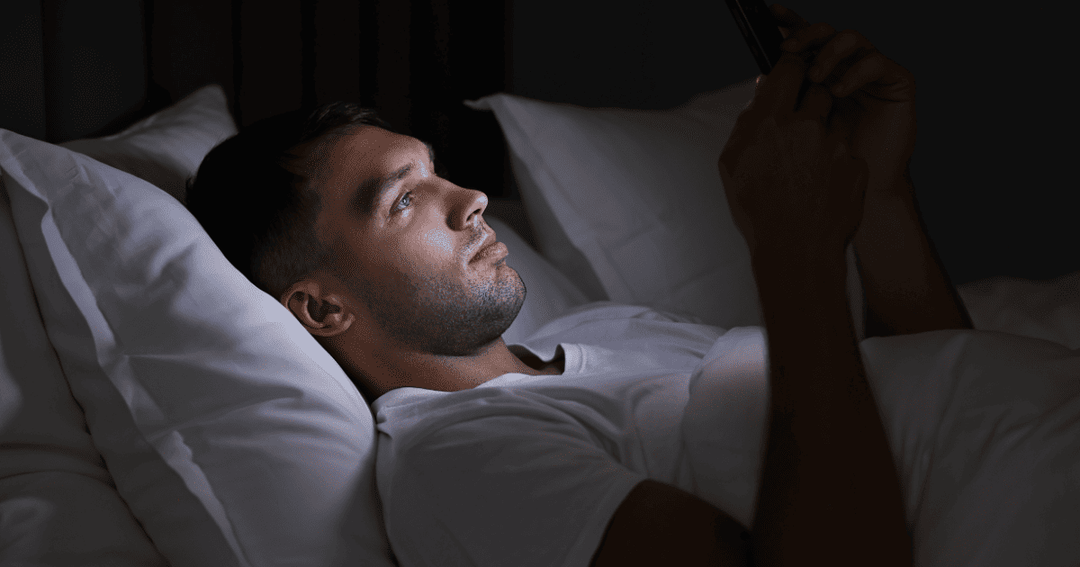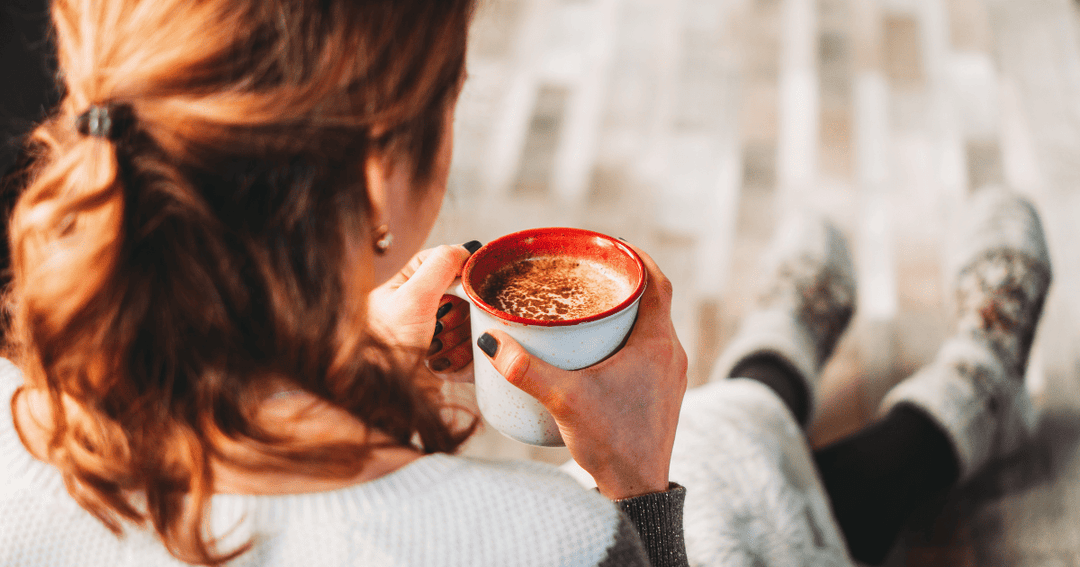New York Times Suggests Sticking Your Head in the Freezer to Help with Insomnia—Here’s a Better Solution

According to a report by the Centers for Disease Control and Prevention, one in eight adults who struggle to fall asleep use sleeping pills (whether OTC or Rx). These pills can be dangerous and addictive, plus they can cause serious problems when used long-term. Fortunately, there are safer solutions that may help, like Sip2Sleep®. This is a drinkable alternative comprised of just tart cherry extract to reduce inflammation and Venetron® as a natural anxiety-reducer.
Sip2Sleep® isn’t the first non-medicated option for helping with insomnia, but it’s definitely one of the easiest. There have long been tips and tricks, whether anecdotal or from experts, for dealing with insomnia. You have probably heard of some of the basics, such as avoiding screen time before bed as well as caffeine and alcohol. However, a recent article in the New York Times features doctors giving advice that’s a little less orthodox.
One we can agree on is carving out time during the day (not right before bed) to worry. We tend to get busy during the day, but at night we have time to worry, and thoughts can get very loud. Just 10 – 20 minutes per day of journaling what you’re anxious about and/or creating a task list for tomorrow can soothe your brain so you can get some sleep.
If you do start to worry at bed time, remind yourself that you’ll also have a dedicated time slot the next day to address these issues. The next tip is a little cooler.
Feel the Freeze
If you drink coffee, tea, or soda, it’s important to only do so in the mornings—but even then, you’re going to have caffeine lingering in your system at night. There are other ways to get an energy boost, from going on a walk to focusing on a menial task (like pulling weeds from the garden).
You probably have your own go-to option for an energy boost, but it’s also recommended that you “stick your head in the freezer” for a shock of cold. It kick-starts the arousal system and, allegedly, means there will be “no coffee run needed.”
Also Read: Keep Dreaming: How to Get the Sleep You Need with Sip2Sleep®
Decluttering your bedroom is a less extreme option that can kill two birds with one stone. It’s a menial task of sorts, but it’s also important for the space where you sleep to be cool, calm, and soothing. Upgrade this room with blackout curtains and treat yourself to a new sleep mask to keep on your bedside table. Keep this room between 60 – 68 degrees Fahrenheit, the optimal range for the best sleep. Cooler rooms encourage our body to sleep because our body temperatures naturally drop when we’re snoozing.
Before-Bed Activities
Your body and brain need to “power down” before sleep. It’s not a laptop. Create a transition period where sleep hygiene best practices take precedence. This should be, ideally, at least two hours before bed. This should be a pleasant, relaxing period for you. You might listen to a podcast, take a bath, talk with your family, meditate, or journal. No matter what you do, make sure it’s “low arousal” so that you start to prepare for sleeping.
Also Read: This Common Habit Makes Insomnia Worse
Curiously, while most sleep experts urge you to avoid screens before bed, this article says it’s more about the content of the screens than the “when.” Thrillers keep people awake longer, as do mysteries. A calming show that you’ve already seen can actually help you sleep, according to some experts. These comfort shows or movies are reassuring because there are no surprises, and these keep your mind from thinking. Most of us know someone who falls asleep with the screen on, so in some cases, this can be an effective tool.
Movement Can be Better than Staring at the Ceiling
If you have insomnia that makes you unable to sleep even after following good sleep hygiene practices, getting out of bed might actually help. Allow yourself 20 minutes to try to sleep, but if you’re still alert, a quiet activity out of bed can help. Don’t associate lying in bed with anything other than sleeping.
Also Read: Is Bed Rotting Good for Your Sleep? Here's What You Need to Know
Your body can get used to staying awake in that position, leading to a vicious insomnia cycle. You might notice you struggle to sleep as you get older, and this is common. Sleep does get more fragmented as we age. And, of course, you can always get up if you’ve forgotten to take your Sip2Sleep® for the evening—a natural solution that may solve your chronic insomnia.







